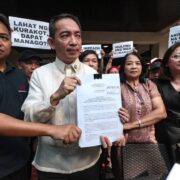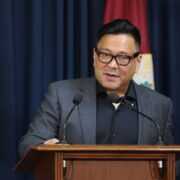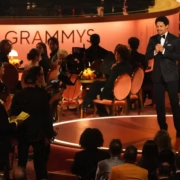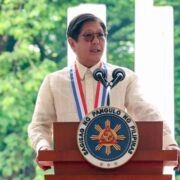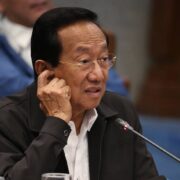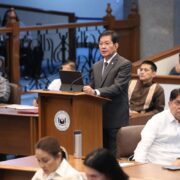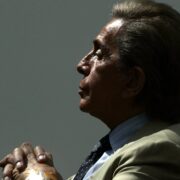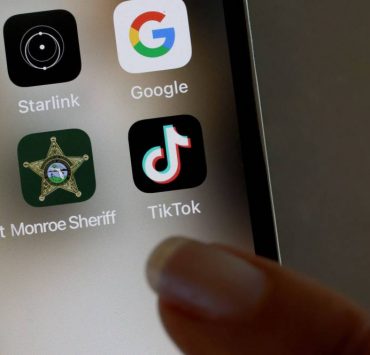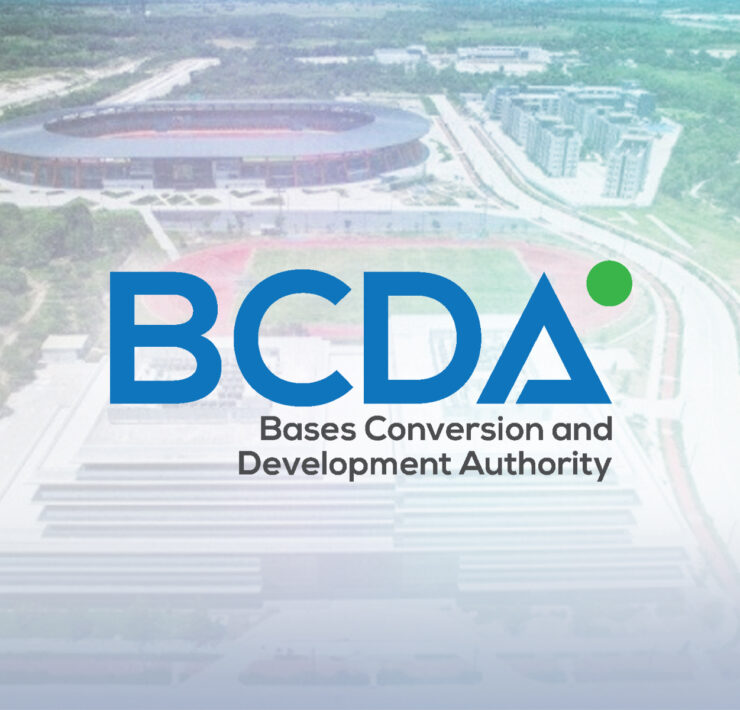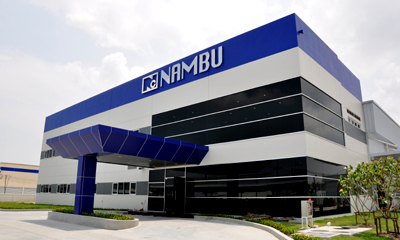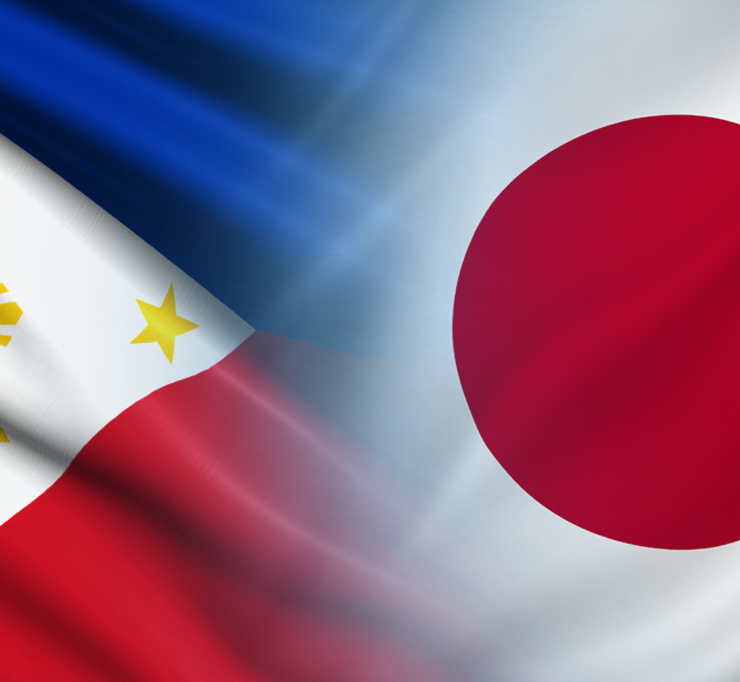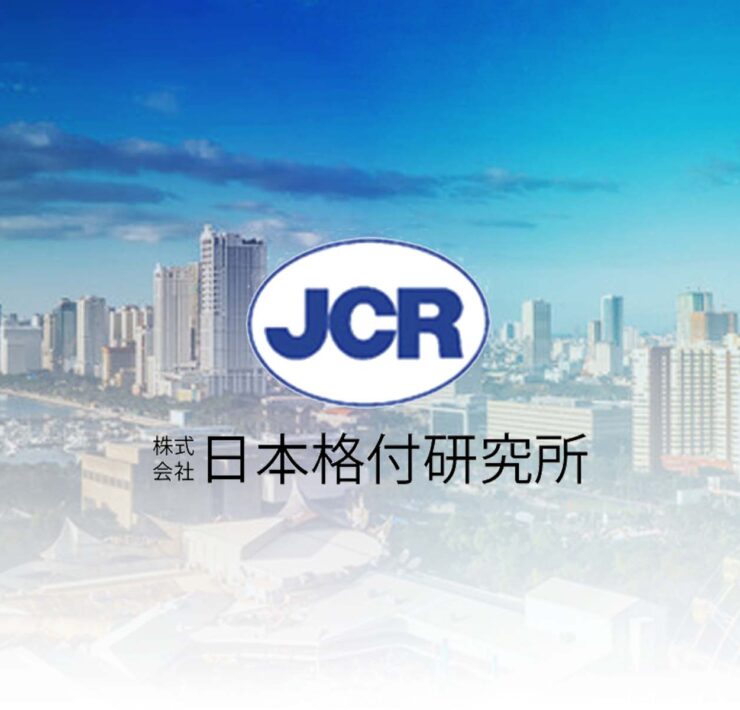Joy, tears in Tokyo after atomic bomb survivors win Nobel Peace Prize
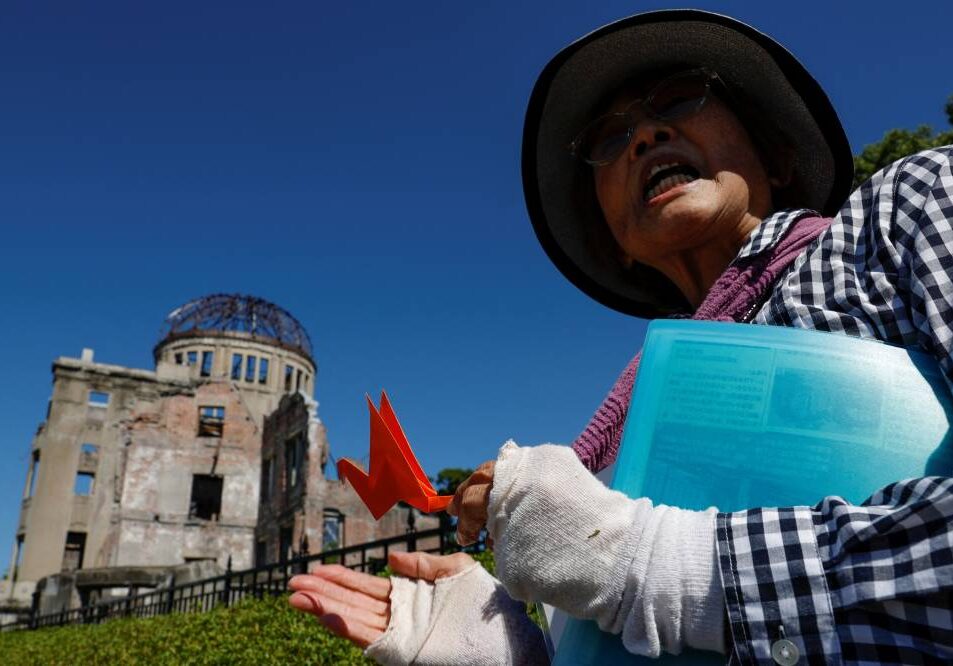
TOKYO—Although she was born long after the Japanese cities of Hiroshima and Nagasaki were devastated by atomic bombs, 58-year-old Yoshiko Watanabe couldn’t stop weeping on Friday night when she learned atomic survivors had won the Nobel Peace Prize.
The Nihon Hidankyo group of atomic bomb survivors was awarded the Peace Prize in recognition of its efforts to rid the world of nuclear weapons and demonstrating, through witness testimony, that the weapons must never be used again, the Norwegian Nobel Committee said in its citation.
Around 140,000 people died when the United States dropped an atomic bomb on Hiroshima on Aug. 6, 1945, and 74,000 others in Nagasaki three days later.
The award is likely to renew attention on the legacy of the survivors, known as “hibakusha,” and Japan’s painful place in history as the only country to have nuclear weapons used against it.
Next year will mark the 80th anniversary of the August 1945 bombings.
The bombings brought to an end World War II and with it imperial Japan’s brutal rampage across Asia.
Message to the world
“They are a group of people delivering the message to the world, so as a Japanese I think this is truly wonderful, and I can only express my gratitude to those who awarded the Nobel Peace Prize to Japan,” Tokyo resident Watanabe told Reuters, as she wept openly on a street in the Shinbashi district.
“I’m sorry, I can’t help but cry.”
Nearby, workers handed out copies of a special late edition of the Asahi newspaper that carried the news.
While the atomic bombs were a devastating personal tragedy for the more than 106,000 survivors still alive, they also become part of Japan’s national consciousness.
The hibakusha suffered from radiation sickness and longer-term effects including elevated risks of cancer.
Many Japanese still feel the United States should apologize for the bombings, which killed hundreds of thousands and forced Japan’s surrender.
Following World War II, Japan renounced the right to wage war itself and maintains self-defense forces. It relies on the United States for protection.
“As a Japanese I feel extremely happy,” said 53-year-old Ryosuke Kobayashi, who works at a real estate agency. “I hope this will further raise the global awareness about peace.”
Lost on new generation
While there are still more than 106,000 atomic bomb survivors registered in Japan as of March, given that their average age is 85.6 years, there has long been concern that younger Japanese and people outside the country are becoming less familiar with the terrible lessons of Hiroshima and Nagasaki.
The mayor of Hiroshima, Kazumi Matsui, denounced nuclear weapons as an “absolute evil.”
“Hibakusha (survivors) are fast aging and there are fewer and fewer people able to testify to the meaninglessness of possessing atomic bombs and their absolute evil,” he told reporters Friday.
“People in coming generations must know that what happened is not just a tragedy for Hiroshima and Nagasaki, but one that concerns all humanity that must not be repeated.”
“I think there are many people who don’t fully understand what an atomic bomb is, so I think Japan should do the utmost to raise awareness about it,” said 78-year-old Tomoko Okuuchi.
“I hope by receiving an international award, it will help us to spread the message even more.”
Reuters, the news and media division of Thomson Reuters, is the world’s largest multimedia news provider, reaching billions of people worldwide every day. Reuters provides business, financial, national and international news to professionals via desktop terminals, the world's media organizations, industry events and directly to consumers.


